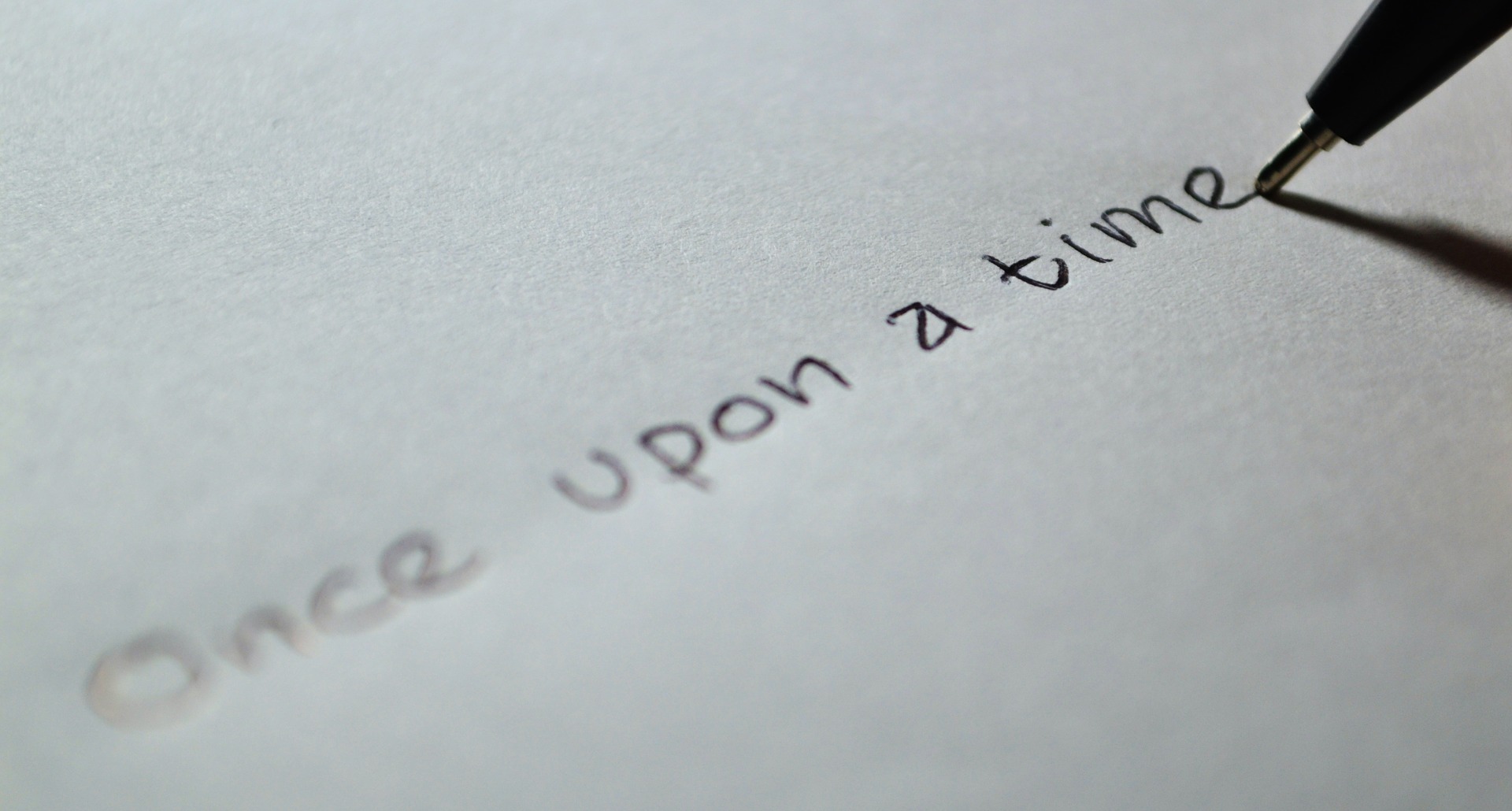If Rachel didn’t win the writing contest this year, she might have to kill someone other than the darlings in her manuscript.
Please excuse the hyperbole; I only use it here to demonstrate a point about openers. The first lines of a story are not the place to hem and haw. In today’s world, with so many forms of entertainment and information vying for a potential reader’s attention, the successful writer will assert her voice as fast and boldly as she can.
Next month, as part of the Rocky Mountain Fiction Writers annual Colorado Gold Conference, I will speak on a panel alongside other past contest winners about the key ingredients to a winning opening. In preparation for that honor, I’ve gathered insights from fellow writers, instructors and publishing professionals, more than I could possibly do justice in a few panel comments, so I share some of them with you now.
One of the most volatile opener debates is around the question of prologues. So many authors and agents I’ve spoken with denigrate them, yet a significant number of the most successful books on the market today begin with a prologue. The most consistent advice I’ve received is to really examine the reasons for choosing to open with a prologue. If removed, would the story still make sense? If so, it’s probably unnecessary throat-clearing, or an attempt to shoehorn in some drama and conflict that doesn’t otherwise exist in the story’s beginning (a false hook). The function of a valid prologue is to reveal some vital piece of the narrative out of linear or contextual order, though if the reader doesn’t understand fairly quickly how that piece fits in with the rest of the narrative, the chances of losing her trust and attention increase. When in doubt, rewrite until another beginning presents itself, or it becomes clear there is no other way to convey that vital piece of information.
Another hot topic: how much backstory is appropriate in an opener? Some of the professionals I asked responded with a resounding, “No! Backstory and flashbacks have no place in the first pages!” Front-loading a manuscript with past events will have readers wondering why the story doesn’t simply begin in a different time and place. The opening action should be story-forward, or future-oriented. Both the protagonist and the reader should be more concerned with what will happen next than what has already transpired. This builds momentum for the journey ahead.
Speaking of momentum, nothing halts an emerging plot faster than relying on exposition. The Maidens, by Alex Michaelides, begins with the line (in a prologue, I must add): “Edward Fosca was a murderer.” We do not then hear about Edward’s age, weight, hair and eye color, profession, or even whom he’s allegedly killed. The next lines are as follows: “This was a fact. This wasn’t something Mariana knew just on an intellectual level, as an idea. Her body knew it.” As a reader, I have many questions about who these two characters are and what their relationship might be—my curiosity is piqued. As the opening unfurls, several of my questions are answered, but many new ones arise. I receive just enough information to avoid confusion, but not so much that I lose all sense of intrigue.
The level of backstory and exposition to include in an opener, or in the entire manuscript, comes down to personal preference and style to be sure, but one rule seems non-negotiable: misdirection and secrecy are allowed and even essential at times, but at no time should the reader be confused about the protagonist’s goals and motivations. If the reader has no idea what a character wants, or why, it is nearly impossible to invest time and emotional energy in the protagonist’s journey. In the example above, the reader immediately learns how Mariana feels about the antagonist, and her goal: “Edward Fosca was guilty . . . And she would catch him.” The author establishes a sense of urgency and agency. The protagonist has a future-oriented goal, driving the plot forward.
If you’re like me, you spend more time on the opening pages of your manuscript than any others. First impressions are indeed lasting ones and we rarely get a second chance at them, as people or writers. Here are some additional resources that I hope will help your writing make the best first impression possible:
Writing the Breakout Novel by Donald Amass
The Sh*t No One Tells You About Writing– a podcast hosted by Bianca Marais, Carly Watters, and CeCe Lyra
Story Genius by Lisa Cron
And of course, please come to the panel discussion next month for more tips from fellow RMFW writers and past contest winners. If you have specific topics you’d like addressed, leave a comment below. I would also love to hear some of your favorite novel-opening lines.


Excellent points!